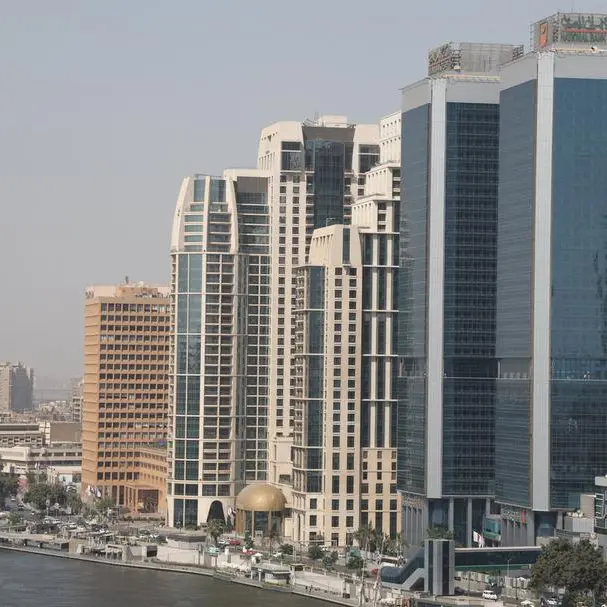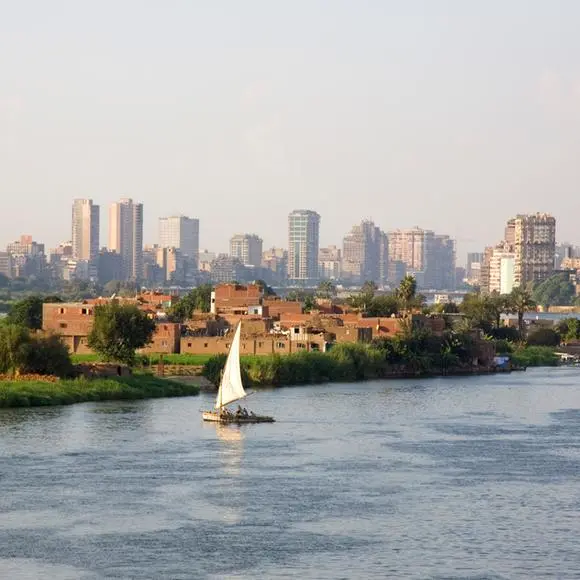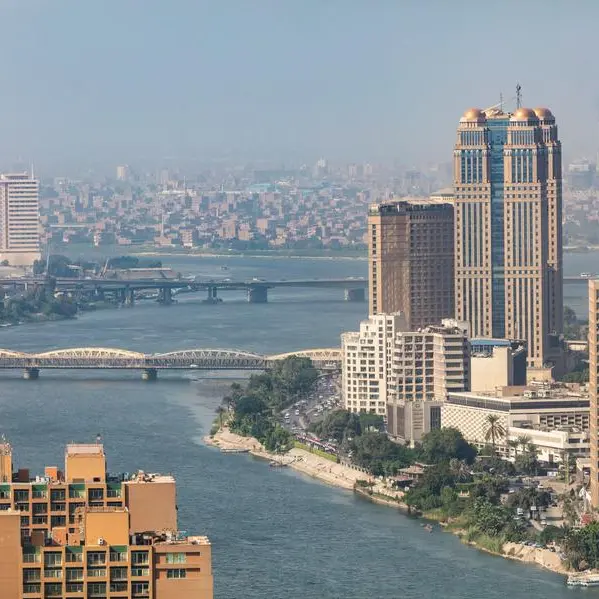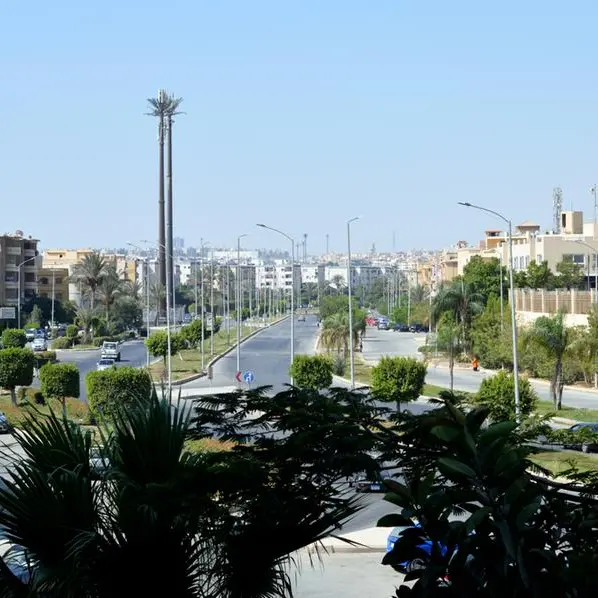LONDON - Gulf states are ramping up plans to raise syndicated loans for state-owned firms in a fundraising drive designed to offset the effects of low oil prices that also includes privatisations, financial restructurings and IPOs of state assets.
Abu Dhabi National Oil Company (ADNOC)
"The Middle East market is distressed and sovereigns are looking for cash through oil companies, GREs (Government Related Entities) and IPOs," a banker said.
Oman Electricity Holding Co is in the process of raising a US$2bn capital expenditure programme that includes two syndicated loans, a US$165m loan for one of its distribution companies and a US$200m deal for a second subsidiary.
Oman Oil Exploration and Production, the exploration arm of state-owned Oman Oil has already raised a US$1bn, five-year pre-export financing loan that was coordinated by Natixis and Societe Generale in September.
This loan financing requirement is expected to continue and will include loans to finance privatisations and post-IPO loans to fund the new entities, bankers said.
Last year saw a first phase of government borrowing as sovereigns, including Saudi Arabia, Oman and Qatar, raised syndicated loans. The deals were strongly supported by international banks that were anticipating a second wave of privatisation and IPO deals.
"There has been heavy lending (loans and bonds) to sovereigns - banks are trying to build relationships which will give them better visibility over what is going to happen on the M&A side once the privatisations start," a second banker said.
The privatizations have yet to start, but preparatory work is currently taking place with major lenders to the region, the bankers said.
Sovereigns are hiring advisers to review their assets including M&A teams from larger investment banks and teams from smaller advisory firms such as Moelis - which is advising ADNOC - Lazard and Houlihan Lokey.
"These governments need strategic advice. Many of them are choosing smaller boutiques rather than the big global banks, maybe they feel they are more discreet," the second banker said.
Smaller advisory firms have the advantage of established financial restructuring teams who have the expertise to restructure debt and get government-owned firms in shape for a sale.
"Some government entities are in bad shape - they need some sort of debt restructuring to make them saleable," he said.
UAE shipbuilder Drydocks -- a unit of conglomerate Dubai World
That will decide whether Decree 57 will be authorised to bind all of its creditors to a restructuring plan that would see Dubai-based ports operator DP World take control of 100% Drydocks World in return for a capital injection of US$225m.
IPO OPTIONS
Sovereigns are also looking closely at listing state owned companies, which will require new loans. Some IPOs may be done as joint ventures where local and foreign companies put assets into a joint venture vehicle that is then floated.
"Once they are quoted, then these companies need funding in their own right. You can't have a publically quoted company without debt" a third banker said.
Saudi Aramco's CEO Amin Nasser said that the company's IPO is still on track for 2018 despite reports that it could be delayed or shelved, and ADNOC is also expected to list more than 10% of its fuel retail business by early 2018 and one or two other businesses subsequently.
Smaller advisory firms may have the edge with businesses where IPOs or privatisations are not suitable due to governance issues or complex ownership structures.
"A lot of these businesses might have the scale and the size for an IPO but not necessarily the corporate governance or financial structure," a banker at an advisory firm said. A private equity acquisition followed by an IPO could be a better alternative, he said.
This plays to the strength of restructuring teams whose clients typically include large institutional investors, private equity funds, global hedge funds and insurance companies.
"Most of the capital investment in the Middle East has come from the government or local banks. European and US funds can be an alternative - there is a need for them," he said.
"The more sovereigns look at options the more teams like us will play."
(Editing by Tessa Walsh) ((tessa.walsh@thomsonreuters.com; +44 207 542 4048; Reuters Messaging: tessa.walsh.thomsonreuters.com@reuters.net))




















